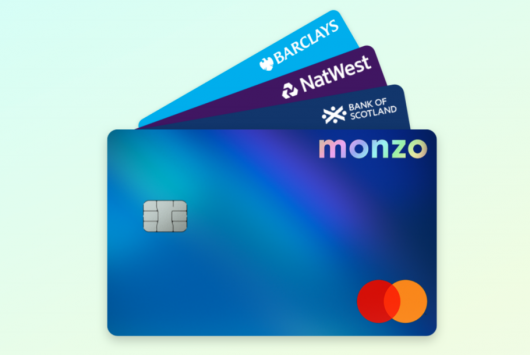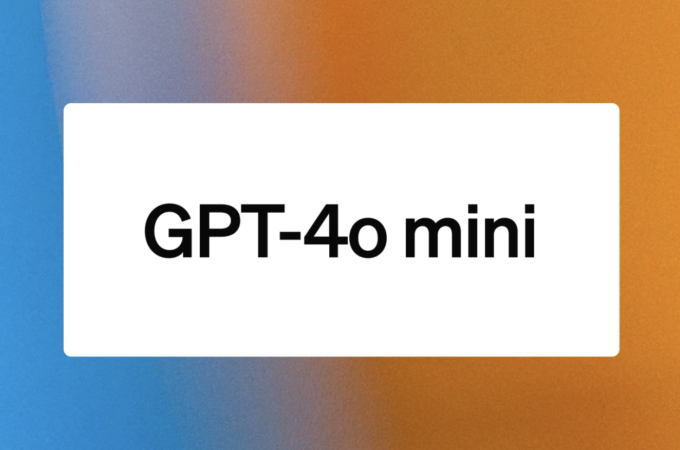
The tale of 2 challenger bank models
via TechCrunch
by Tilman Ehrbeck, Anuradha Ramachandran, Ameya Updadhyay
Accelerated by the pandemic and its economic fallout, the tale of retail challenger bank models across the world has been diverging. In the Americas, Albo, Chime, and Uoala have all reported record user numbers as consumers adapted to a “no-touch” economy. Aspiration and Varo announced successful equity fund raising rounds. In Europe, by contrast, Revolut had to lay off people, Monzo was forced to accept new funding at a 40% lower valuation and N26 had shut its U.K. operations already. What’s going on?
As always, market environment, business model, industry structure, and economics and regulatory context matter. The U.S. has a big domestic market with large, attractive customer segments: Millennials, for example, who have come of age after the financial crisis of 2008-2009 and rely on the debit card as their primary spending vehicle, unlike older and wealthier consumers, who leverage their credit cards. Or issues-conscious consumers, who want to align their savings and spending decisions with their broader values.
Chime has successfully tapped into the former segment, offering a free checking account with no hidden fees and attractive features such as an immediate crediting of paychecks, forgoing the 2-3 days float that mainstream banks benefit from at the expense of their customers. Aspiration is going after the green customer segment, with features such as planting a tree for any rounded-up debit card purchase or offsetting customer carbon footprint at the gas pump.
Average debit card interchange fees in the U.S. at 1.2% of transactionvalue are high enough to pay for the tech platform. Both Chime and Aspiration function essentially as bank accounts for the customers at the front-end interface but have been able to structure themselves capital-efficiently. Chime’s actual deposit balances are held by back-end banking partners. Aspiration’s core vehicle is a cash management account under a FINRA brokerage license, also administered by a bank partner at the back-end. Varo in the U.S. has been the exception to these capital-light models by pursuing a federal, deposit-taking bank charter from the get-go, which was approved after three years in early 2020.
Similarly, In Latin America, Albo in Mexico or Neon in Brazil target a younger, lower-income segment that is willing to make the challenger bank cards their primary spending vehicle, and the debit interchange fee is high enough to make the economics work.
This is not the case in Europe. With near-instant retail payment settlement among bank current accounts and under tighter regulatory caps, debit card interchange fees are much lower at 0.2% of transaction value. To pay for their platforms, European challenger banks need other sources of revenue. Many are betting on credit — that’s why a number of them, such as Atom and Tandem, acquired full banking licenses before launching, despite the costly and lengthy process. Others, like Starling Bank and Tide, have set their sights on the more lucrative SME banking segment.
By contrast, Monzo and Revolut started with a prepaid card before obtaining a deposit-taking bank license. Both have focused largely on the younger, affluent, cosmopolitan customer segment, who use them as a secondary service to pay friends, spend abroad (at favorable exchange rates) and set budgets. Only 20% of Monzo’s customers use it exclusively, most of the rest rely on traditional banks for their primary account, which may also be why it is difficult to get customers to pay for premium services. Discretionary spending in this target segment, which constituted a bulk of the transactions on Monzo and Revolut, collapsed during the height of the COVID crisis and shutdown, putting relatively more pressure on these two London-based challenger banks.
Asia, Africa and other emerging markets have not seen yet the emergence of challenger banks at meaningful scale. The Monetary Authority of Singapore is currently narrowing a shortlist of applications for digital banking licenses from a variety of players, including a consortium of logistics platform Grab and Singtel, as well as gaming company Razer. In India, open banking is emerging along the lines of distinctive user segments.
SME neobanking is the most advanced with the likes of Bankopen (Open Technologies). On the consumer side, startups are focusing on segments such as blue-collar workers or rural populations addressing pain points encountered with traditional banking such as small transaction sizes or low account balances and catering to needs such as domestic remittances or goal-based savings. In Africa, the first wave of digital banks, like Carbon and FairMoney are emerging in Nigeria.
These emerging market challenger banks will have to look carefully at the market conditions, possible target segments, a sustainable revenue source, the initial product offerings that could lead to engagement and rapid growth, and the regulatory structure that best supports the desired business model.
The acceleration of the world moving toward a “no-touch” economy has provided a new impetus. However, the economics challenge seems to be closer in nature to the European starting point rather than the American industry context.
Flourish Ventures has investments in Albo, Aspiration, Chime, FairMoney, Neon and Tandem.




